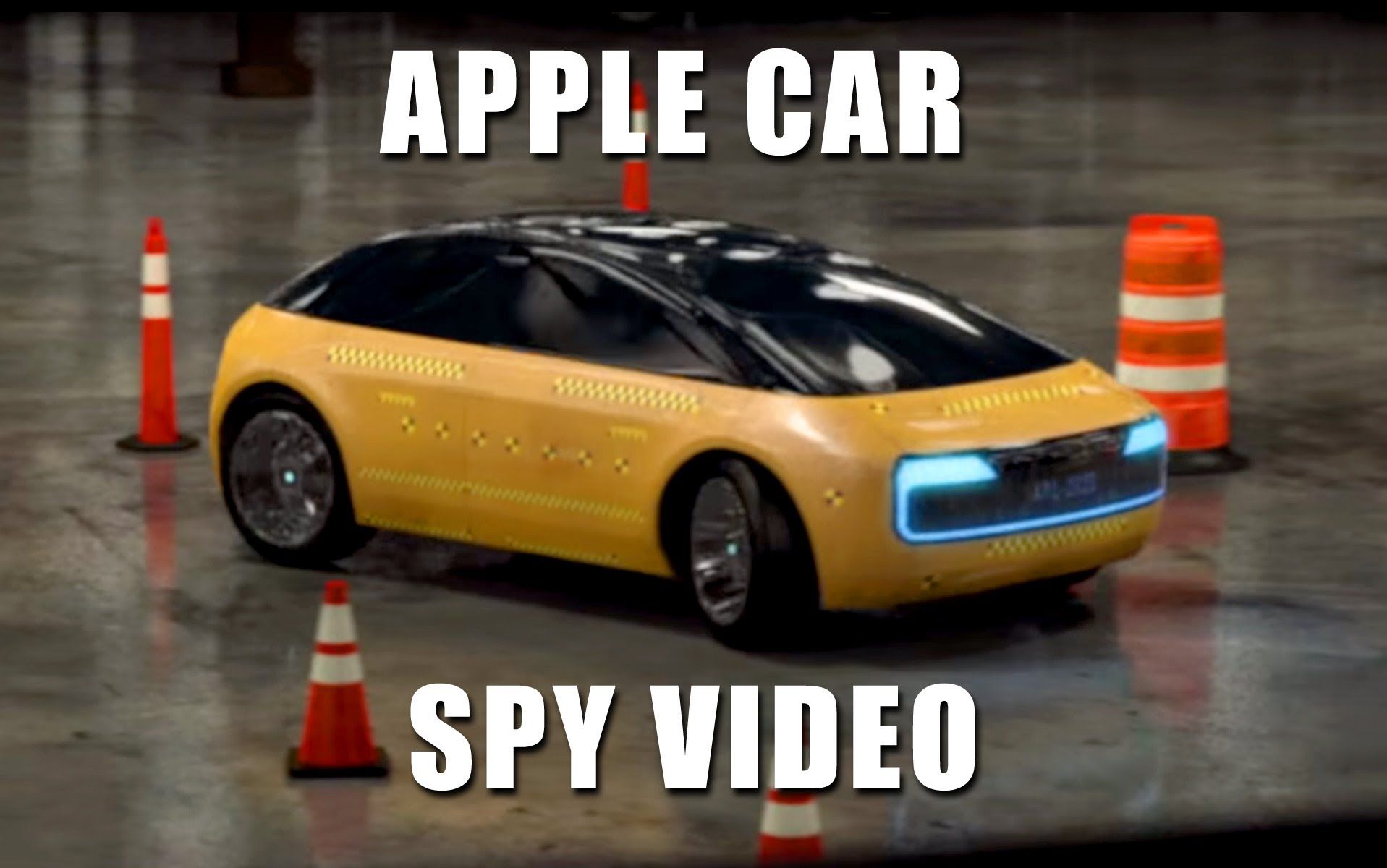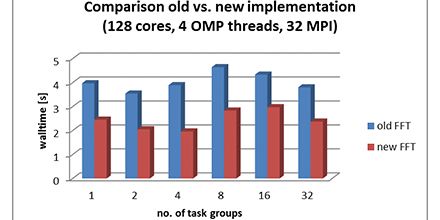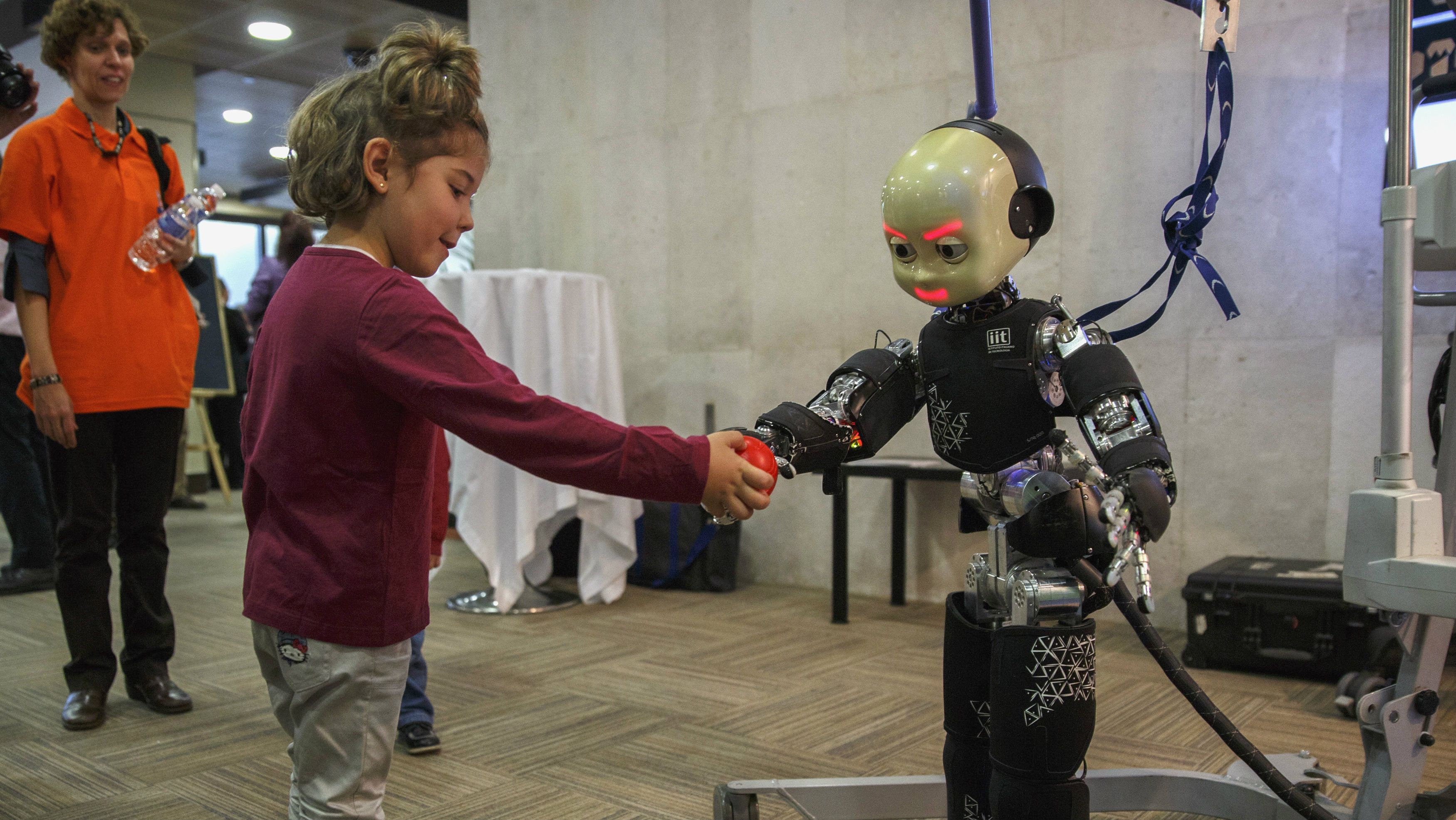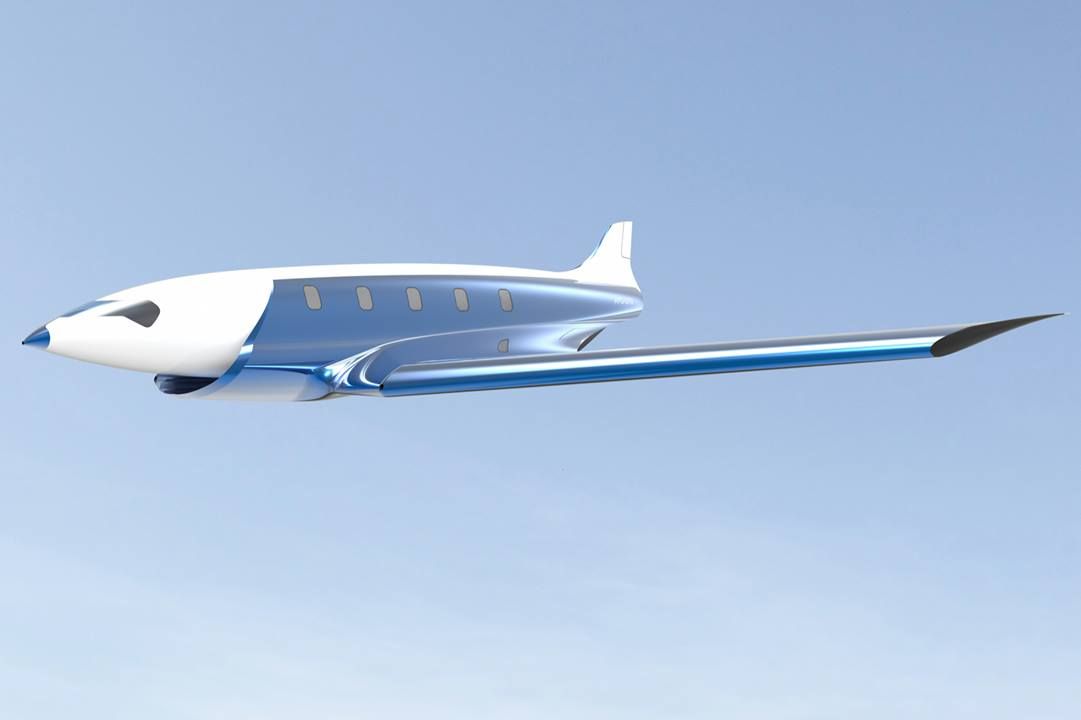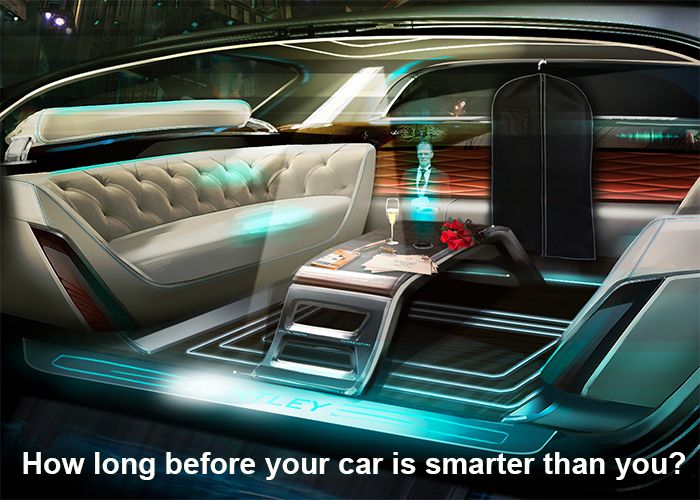Archive for the ‘transportation’ category: Page 568
Apr 13, 2016
Pitch black: Ford’s autonomous cars don’t care whether it’s day or night
Posted by Shailesh Prasad in categories: robotics/AI, transportation
Apr 12, 2016
HRL to develop inertial sensor tech for DARPA
Posted by Karen Hurst in categories: electronics, transportation
Could this sensor technology revolutionize how auto and other navigation technology looks in the future?
The Defense Advanced Research Projects Agency (DARPA) has awarded HRL Laboratories $4.3 million to develop vibration- and shock-tolerant inertial sensor technology that enables future system accuracy needs without utilizing GPS.
While GPS provides sub-meter accuracy in optimal conditions, the signal is often lost or degraded due to natural interference or malicious jamming.
HRL Laboratories, based in Malibu, California, is a corporate research-and-development laboratory owned by The Boeing Company and General Motors specializing in research into sensors and materials, information and systems sciences, applied electromagnetics and microelectronics.
Apr 12, 2016
Supercomputers Aid in Quantum Materials Research
Posted by Karen Hurst in categories: mathematics, quantum physics, supercomputing, transportation
Lov’n Quantum Espresso
Researchers use specialized software such as Quantum ESPRESSO and a variety of HPC software in conducting quantum materials research. Quantum ESPRESSO is an integrated suite of computer codes for electronic-structure calculations and materials modeling, based on density-functional theory, plane waves and pseudo potentials. Quantum ESPRESSO is coordinated by the Quantum ESPRESSO Foundation and has a growing world-wide user community in academic and industrial research. Its intensive use of dense mathematical routines makes it an ideal candidate for many-core architectures, such as the Intel Xeon Phi coprocessor.
The Intel Parallel Computing Centers at Cineca and Lawrence Berkeley National Lab (LBNL) along with the National Energy Research Scientific Computing Center (NERSC) are at the forefront in using HPC software and modifying Quantum ESPRESSO (QE) code to take advantage of Intel Xeon processors and Intel Xeon Phi coprocessors used in quantum materials research. In addition to Quantum ESPRESSO, the teams use tools such as Intel compilers, libraries, Intel VTune and OpenMP in their work. The goal is to incorporate the changes they make to Quantum ESPRESSO into the public version of the code so that scientists can gain from the modification they have made to improve code optimization and parallelization without requiring researchers to manually modify legacy code.
Continue reading “Supercomputers Aid in Quantum Materials Research” »
Apr 10, 2016
What will destroy us first: Superbabies or AI?
Posted by Karen Hurst in categories: bioengineering, computing, drones, education, genetics, robotics/AI, transportation
Depends who is doing the creating. If a robot is created/ altered by ISIS to attack the western world then robots. At the same time, if a crazy scientist decides to genetically create Cyclops to take over the UK, US, etc. then the genetically alter species. Truly depends on the creator and the creator’s eye.
At Silicon Valley’s inaugural Comic Con, we gave a talk called “Superbabies vs. AI.” Astro, who is captain of moonshots at Alphabet’s X division, argued that genetically engineered babies are going to destroy civilization as we know it. He sees the horror of eugenics, X-Men, and a planet entirely populated by the sort of kids who beat him up in middle school, all rolled into one. Danielle, a physician-scientist and wife of said captain of moonshots, argued that the robot apocalypse is going to annihilate humanity. Super intelligent computers will eventually destroy us all, no matter what sort of Asimovian instructions we try to give them. The jury is out about who won the debate, but here are the most important issues we explored.
Will highly evolved AI break into banking systems and steal all of our money or send drones to kill us all?
Continue reading “What will destroy us first: Superbabies or AI?” »
Apr 9, 2016
Building Trust in Self-Driving Cars Through Biofeedback
Posted by Karen Hurst in categories: robotics/AI, transportation

Nice
BraiQ wants to use bio sensors to teach you to trust your self-driving car.
Continue reading “Building Trust in Self-Driving Cars Through Biofeedback” »
Apr 8, 2016
128 Things that will disappear in the driverless car era
Posted by Shailesh Prasad in categories: finance, robotics/AI, transportation
I started writing this column while I was in Manila, Philippines for a talk with UnionBank, one of the most innovative banks I’ve ever come across.
Driving across Manila is often a painful experience with far too many cars locking up all possible arterials, and nowhere near enough money to redesign and build the needed infrastructure. But this is not unique to Manila.
As I’ve traveled around the world, I’ve run into equally bad traffic in Istanbul, Rotterdam, Los Angeles, Seoul, Mexico City, San Francisco, Rome, London, Beijing, and Mumbai. In fact there are literally thousands of cities where bad traffic is a way of life.
Continue reading “128 Things that will disappear in the driverless car era” »
Apr 7, 2016
Toyota’s ‘guardian angel’ cars will be supercomputers on wheels
Posted by Karen Hurst in categories: robotics/AI, supercomputing, transportation
Interesting; however, I can not wait to see Nividia’s new car especially with their new GPU chip & DGX-1 technology.
While companies such as Google chase the fully autonomous car, Toyota is taking a more measured approach toward a “guardian angel” car that would seize control only when an accident is imminent.
But as starkly different as those approaches are, they both will require a wide range of data-intensive technologies, according to Gill Pratt (pictured), chief executive officer of the Toyota Research Institute, a research center focused on AI and robotics. He spoke at the GPU Technology Conference in San Jose today.
Continue reading “Toyota’s ‘guardian angel’ cars will be supercomputers on wheels” »
Apr 7, 2016
Bentley wants to put a holographic butler in your car
Posted by Shailesh Prasad in categories: computing, robotics/AI, transportation
Bots and artificial intelligence are all the rage right now. Whether it’s Siri or Cortana, computers are trying to take things off our plate and make life easier. Making life easier and more comfortable — and more luxurious — is what Bentley is about, too, and that’s why the company is imagining what the future of automotive luxury might be like.
One of those things, according to this mock-up image provided by Bentley, is a holographic butler that could appear in the car and help you out. Perhaps it would make restaurant recommendations and reservations, or you’d tell the digital Jeeves where you’re looking to go before your autonomous car takes over.
Bentley design director Stefan Sielaff said, according to The Mirror, that how these sorts of “yet-to-be-invented connectivity and technologies… are integrated into the cabin will become ever more important.” The holographic butler could put a more human face on the self-driving car, so just call out “Home, James!” and you’ll be on your way.
Continue reading “Bentley wants to put a holographic butler in your car” »
